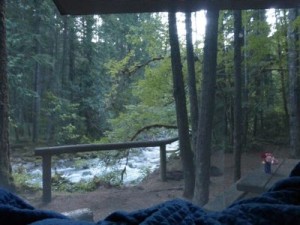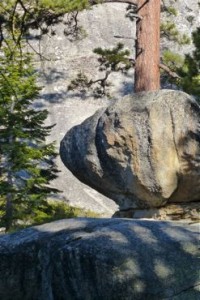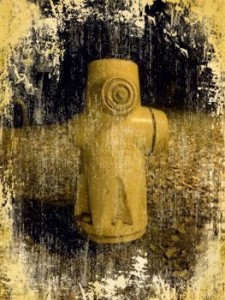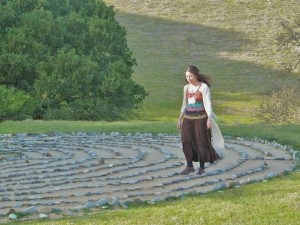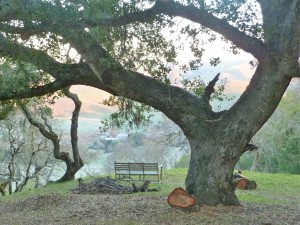Managing Your Energy, Part 11: A Very Zen Moment

I first encountered my current spiritual teacher when I was twenty one, having accidentally entered the room and disturbed his practice on the fortieth day of his forty day retreat. He was startled, and I was making every effort to back out the door I had just opened.
More than thirty years later I intentionally placed myself in his path, literally and figuratively. I’d had inner prompting to actually meet him for a few years.
When I heard him talk to the group at a spiritual camp I was absolutely certain he was my Teacher. Unlike my active seeking during my twenties and thirties, I had no interest in HAVING a spiritual teacher. Yet my inner Guidance made it abundantly clear that I must do whatever it took to be his student. (But that’s another story . . . )
I approached him after his talk. Someone was talking with him, face to face. I stood aside politely, waiting for them to finish. To my astonishment, he turned away, his energy pulled in, making straight toward and out of the door. I was too surprised to move.
I might have become cognitively or emotionally involved, or speculative:
Was he too busy to deal with me?
Was there a reason I didn’t rate?
Did he need to use the restroom?
Instead, I had the strong sense that I had just received a particularly Zen lesson. I sensed that I needed to respond in the moment, without apology, excuse or social conditioning.
Oddly, I liked his behavior. He was so clean about it! I had never witnessed such lack of involvement in the opinion of someone else, without resistance or ego on it. He walked away with about the same load on it that a bear would have, turning from one bush to another. He did not leak energy, carry airs, or appear distracted. He just did it. And it woke me up a little. I was left to think and feel whatever I thought and felt.
I tried again the next day. Again, he was talking with someone. I stood aside but stayed alert. The moment they finished I stepped forward and said his name. He raised his eyes and gave me his total attention, as if I were the only person in the world.
From these two brief encounters I understood that I could be myself, be powerful, and get an authentic response without being judged or handled.
In involving one’s self with the esoteric director of a mystical school, I suppose, some ability to take internal direction might come in handy. Inner links, clear rapport, intuitive communication and discernment are useful currency. Actual connection always works better than (unilateral) assumptions, guessing, projecting, imagining, or running emotional programs.
This is my story about the interaction. I might even be wrong. My future teacher may have walked away simply because that was what felt right at the moment. When one moves from Guidance and follows the energy there may be no Why.
Do you judge others when they choose not to engage?
What do you make it mean when someone will not look at you?
Where do you go inside?
What do you tell yourself about them?




